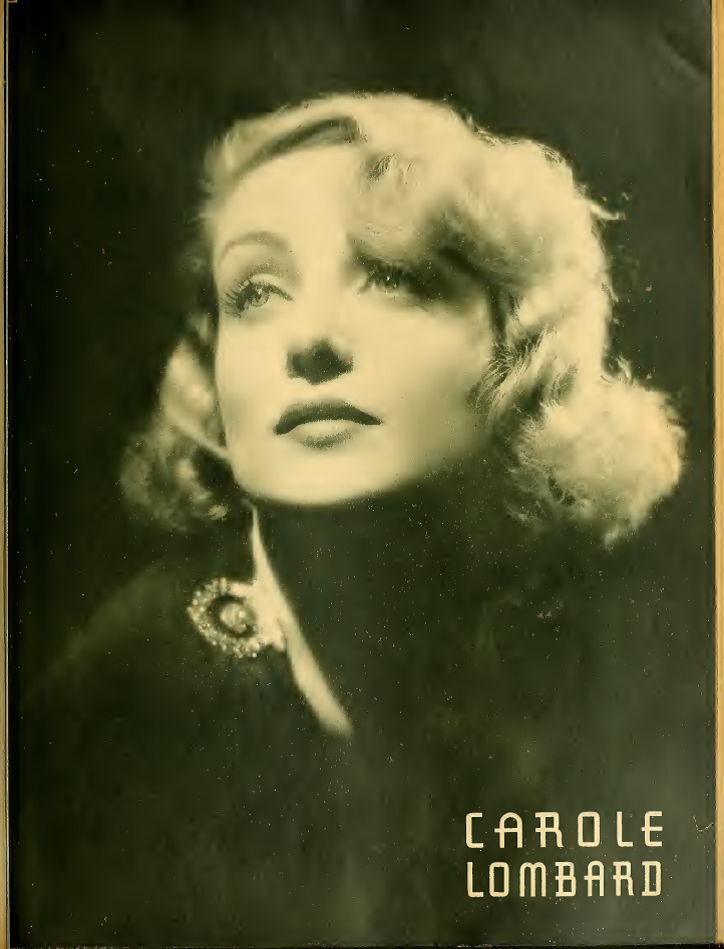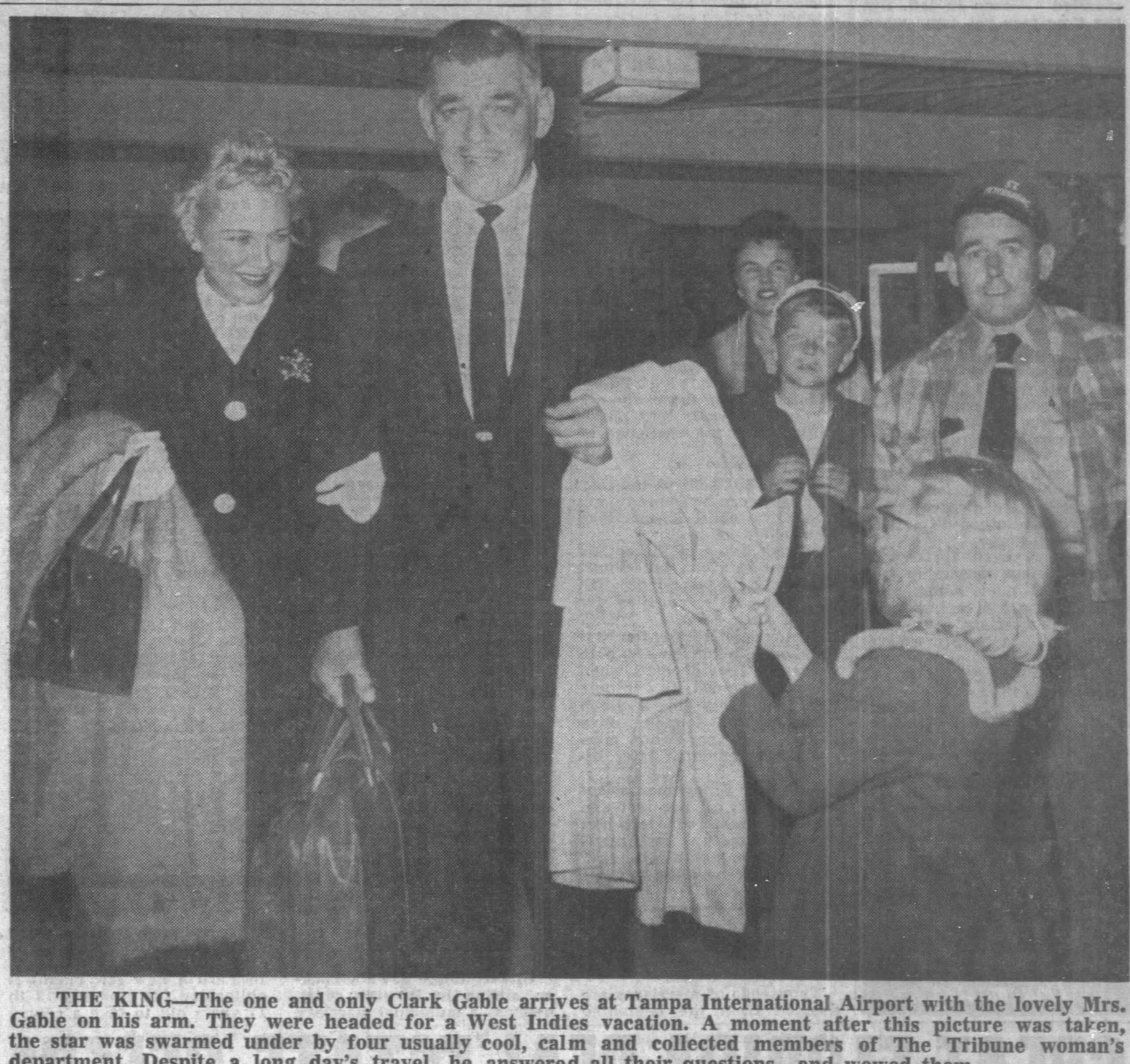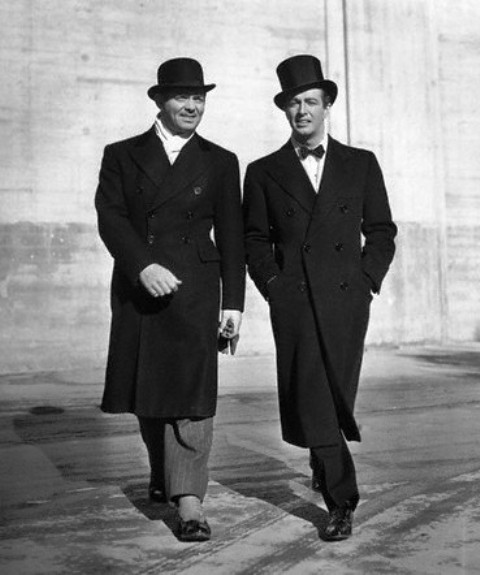{New Article} Carole Lombard by Frederick Othman Part 2
Continuing from yesterday’s post, here is part two of United Press Hollywood Correspondent Frederick Othman’s series on Carole Lombard, published January 20, 1942.

Miss Lombard: Actress Liked to Pay Taxes
Insisted on Huge Salary Because U.S. Took 75 Per Cent
It will be a long time before Hollywood stops recalling and chuckling over the escapades of Carole Lombard, the girl who admitted she was crazy as a fox.
She was scatter-brained–on purpose. She developed a vocabulary that would make a sailor blush–and for good reason. She was Hollywood’s leading screwball–and it made her $400,000 a year.
Miss Lombard had been the lush and curvesome heroine of many a torrid drama when, in 1936, she co-starred with her ex-husband, William Powell, in “My Man Godfrey.” This was the first of the screwball movies, which have emerged from Hollywood in a never-ending flood.
Hated Stiffness
The picture made a fortune for its producers and it made Carole one of the brightest stars in the movies. Only trouble was, all the fans figured she was the same kind of girl she was in the picture. And if that was what they wanted, figured Miss L., she’d give it to ’em in good measure. Her scheme worked all around. She never did have any respect for the pompous gentlemen at the heads of studios and and in her new character of wide-eyed wench she could get by with things of which other actresses dare not dream. For instance:
One studio chieftain functioned at an ornate desk at the end of a room only two sizes smaller than Grand Central Terminal in New York. He liked to glower at trembling actors as they progressed across his polished floor and finally reached his desk in a state of near collapse. First time Miss Lombard entered his sanctum, there he was, glowering.
“Hmmmm,” she said, looking slowly around the vast room and finally at the producer. “Hello, Mussolini. Guess I’m in the wrong office.”
Took Everything
She walked out. The master mind had to rush out after her, himself on the mental defensive. She got what she wanted from him. Producers were the gentlemen she didn’t much like.
“Way back in the early days of picture making,” she once explained, “they took all the money and gave the actors nothing.Then came the Guild and bitter competition among the studios and the performers wages went up, like mine did, to crazy levels.
“Then the government came in and took most of it in taxes and that was all right by me. I’d rather my money went to feed a hungry man any day, than into the bank account of some picture maker that didn’t need it.”
Paid Taxes
This conservation led later to the memorable interview in which she announced that she liked to pay 75 per cent of her salary in income taxes. As she put it:
“It is a pleasure to ride around the country on its fine roads, to see its magnificent schools and its fine post offices. It is a pleasure to know that I helped pay for them.”
This was lese majeste in Hollywood, where the favorite sport inside and out, was denouncing the Bureau of Internal Revenue. She was falsifying her feelings, sneered many another actor, just to get her name in the papers. The rest of the country didn’t think so. She was inundated with congratulatory messages from plain citizens who felt as she felt.
Today–thanks to Lombard–actors don’t grouse about their taxes.
Yet, soon after Miss Lombard told this writer about her tax philosophy, she was at the shop of an obscure printer, dickering with him to set up in type and make one copy of the standard, actor-agent contract, with revisions of her own devising.
More Tricks
When time came to sign a new deal with Myron Selznick, her agent, she put her signature to her own forms. So did Selznick, without looking, and without question. Next day she dropped him a note suggesting maybe he should have read the contract. Instead of calling for her to pay him ten percent of her earnings, the contract said he’d have to pay her ten percent of his income for the rest of his life.
This was a lot of effort for a laugh, but laughs to her were the most precious thing she could find. And laughs she got in Clark Gable’s long courtship. For more than three years they were inseparable. Then, when his wife divorced him after a series of unpleasant court episodes, they were married.
No Hollywood whoop-de-do, nor orchid-lined church for Gable. She married Gable in Yuma, Ariz., with Otto Winkler, the press agent who died with her and her mother in the plane crash, as the only Hollywood guest.
When Mr. and Mrs. Gable returned to Hollywood, they held a reception for their friends, the gentlemen of the press. There were no other guests.
Tomorrow–Life of the Lombard-Gable rancho–her private life and private convictions.
They were married in Kingman, not Yuma.
Part Three tomorrow….


